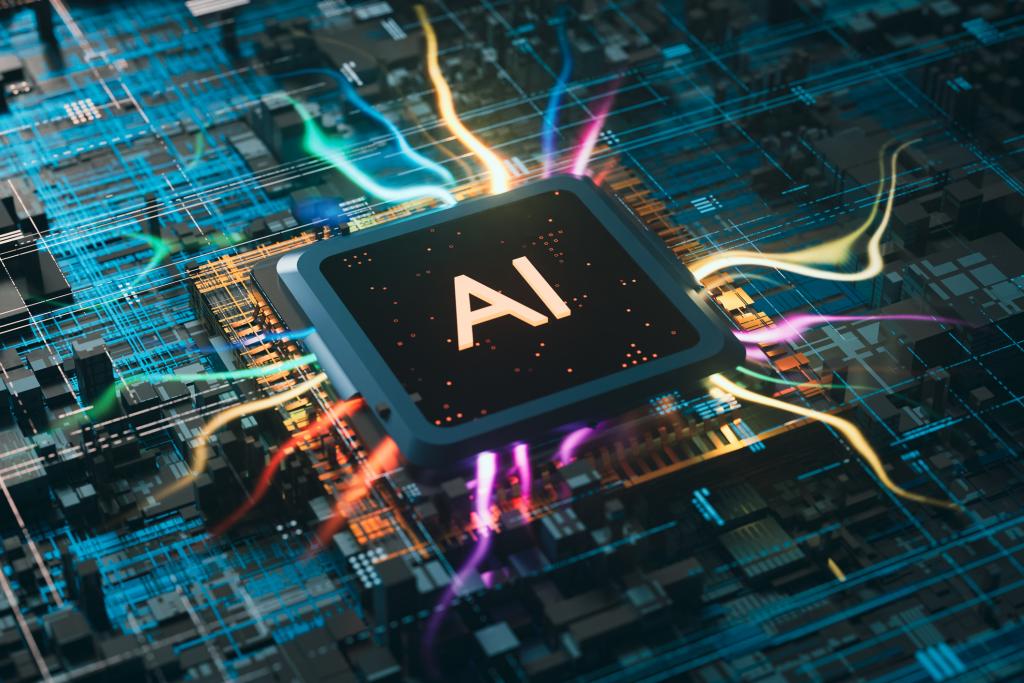
After months of debate, UK Data (Use and Access) Bill received royal assent on 19 June 2025 and the implications for AI developers and rightsholders could be significant.
For months, the Bill was subject to intensive scrutiny in both Houses of Parliament. The central question was how to strike an appropriate balance between granting artificial intelligence (AI) systems access to data for innovation and protecting the rights of creators whose works might be harvested, sometimes unknowingly, to train these same systems. Throughout the parliamentary process, the Bill bounced back and forth between the House of Lords and the House of Commons; a legislative “ping pong” that saw each chamber proposing amendments, only for the other to suggest changes in return.
To date the UK Government has adopted a “pro-innovation” approach to AI – and the tension between pro-innovation and protection for creatives was on full display during this ping pong match. High-profile artists and creators such as Paul McCartney and Elton John publicly supported Lords’ efforts to tighten restrictions and demand greater transparency. Meanwhile, the tech industry lobbied for flexibility, arguing that overly prescriptive rules could stifle the UK’s digital economy.
One of the headline issues was whether to impose stronger, statutory transparency requirements on developers using copyrighted content to train AI models. In the end, after several rounds of “ping pong” between the House of Lords and the House of Commons, these requirements were not adopted. Instead, the following process has been enacted:
- Progress Statement (within 6 months – taking us to December 2025): The government is required to publish a detailed progress statement on the economic impact and use of copyright works in AI development. This will be a crucial resource for both policymakers and industry stakeholders.
- Full Impact Assessment Report (within 9 months – taking us to March 2026): Within nine months, we can expect a comprehensive government report outlining not only the economic implications but also the ways in which copyrighted works are used in AI training, including scraping practices, metadata usage, and potential enforcement mechanisms.
Consultation
The UK government undertook a consultation earlier this year to gather views from stakeholders across the creative, legal, and technology sectors on the broader relationship between copyright and artificial intelligence. These consultations have focused on issues such as transparency, fair compensation, and how best to balance innovation with the protection of intellectual property. The insights from these consultations will likely influence the progress statement and the report, ensuring that UK copyright law evolves in step with advances in AI and the expectations of both industry and creative communities.
Nonetheless, the measures introduced by the Bill stop short of immediate regulatory action and comes as the UK courts are actively considering the landmark case, Getty Images v Stability AI, which directly confronts the question of whether generative AI models infringe copyright through their data scraping and ingestion practices. The courts’ decision is expected to clarify the legal boundaries around data scraping and set a critical precedent for the rights of both creators and AI developers in the digital age; although Getty Images has dropped its direct copyright infringement and UK-based training claims, it maintained its trade mark infringement, passing off any secondary infringement of copyright. The resolution of this case has the potential to shape the application of intellectual property law to AI systems and output, including any new reporting and transparency obligations.
This is a pivotal step in the UK determining how AI and IP will coexist. While the UK Data (Use and Access) Bill does not resolve every question, it signals a clear path forward. Meanwhile, the Getty Images v Stability AI judgment should demonstrate the application of intellectual property law prior to any statutory changes.
New challenges
As these legal and regulatory frameworks continue to evolve, both AI developers and rightsholders will face new challenges and uncertainties in navigating copyright and data use in the UK. Staying informed and proactive is essential. For organisations and individuals seeking clarity or support in this shifting landscape, specialist legal advice can help interpret the current law, anticipate forthcoming changes, and ensure compliance with new obligations as they emerge.
Our team is equipped to provide tailored guidance, help you manage risk, and support your innovation goals while protecting valuable intellectual property assets. Please contact us to discuss how we can assist you in understanding and responding to the latest developments in AI and copyright law.
